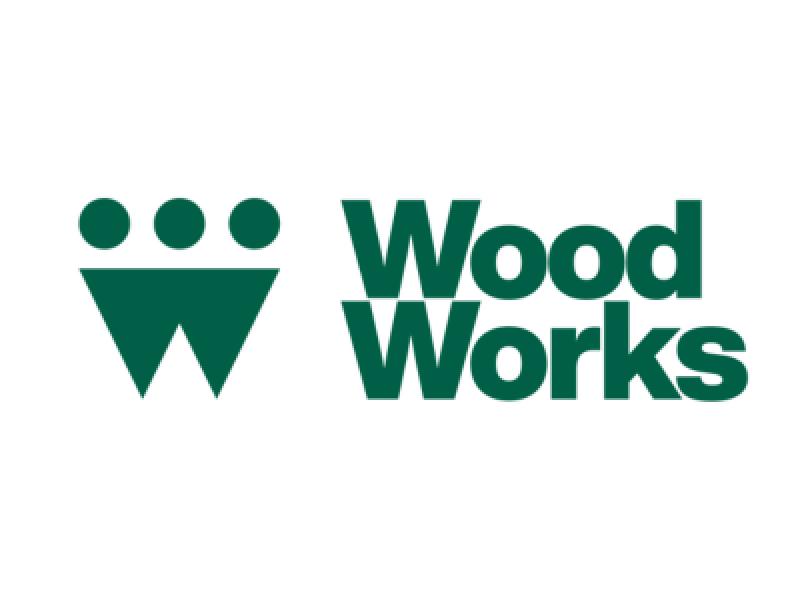Earlier this spring, the Ontario government announced several measures intended to curb the excesses of the residential real estate market in the Greater Toronto Area and Golden Horseshoe.
 In June, the Toronto Real Estate Board reported a 37 per cent drop in home sales from the year before. It doesn’t take a rocket scientist to connect those two dots. Many people interested in making a purchase decided to pause for some sober second thought. For how long they will opt to remain on the sidelines is anyone’s guess.
In June, the Toronto Real Estate Board reported a 37 per cent drop in home sales from the year before. It doesn’t take a rocket scientist to connect those two dots. Many people interested in making a purchase decided to pause for some sober second thought. For how long they will opt to remain on the sidelines is anyone’s guess.
But what about Ottawa – you know, that other city in Ontario? How is Ottawa faring during a time of uncertainty fuelled by rising interest rates, government policy intervention and an apparent economic upswing?
When it comes to marvelling in the media about overheated housing markets, the nation’s capital plays third fiddle to Toronto and Vancouver. That’s to be expected, given that Ottawa hasn’t seen anywhere near the irrational exuberance and volatility of those other urban centres.
I’ve heard plenty of anecdotal evidence in recent months about how Ottawa benefits from the angst of the typical Toronto homebuyer. People are relocating, attracted by a solid job market, lower housing costs and a morning commute that is a cakewalk compared to what the GTA has to offer.
A colleague of mine put her house on the market earlier this month and had two offers the same day.
Boom times have returned?
For those of you who don’t know, Ottawa is known for two types of employment: high tech and government.
Under the federal Liberals, public sector employment has reached its highest point this decade in Ottawa. Meanwhile, the city’s tech sector is enjoying a fresh resurgence.
Hype around making the Ottawa community of Kanata a global hub for autonomous vehicles, along with other growth areas like software-as-a-service and the area’s enduring strengths in telecommunications, suggest boom times have returned. There are now 70,000 high-tech jobs in Ottawa and more than 1,700 high-tech companies.
Where there appears to be opportunity, people will flock. Just look at the latest numbers from Statistics Canada: Ottawa’s population (not including Gatineau across the river) has grown a solid 1.6 per cent over the past year – that’s about 13,500 more people who need a place to live and a source of income. The unemployment rate dropped to 6.1 per cent in June from 6.6 per cent the year before.
More interesting is the size of the labour force, which hasn’t changed much with the increase in population (Ottawa’s actual employment rate has edged down by 0.7 per cent over the past year), but there is steady job growth. There’s a continued push-pull between the number of jobs and job seekers.
Other factors, such as the influx of Syrian refugees, are no doubt having an impact. Also, don’t forget that this is a university town with about 120,000 post-secondary students studying at various universities and community colleges.
More buyers looking to upgrade
But if you have any doubt that people are finding a comfortable life for themselves and their families in Ottawa, just look at the housing data.
According to the Ottawa Real Estate Board (OREB), year-to-date sales of existing homes in Ottawa are up by 13.5 per cent from 2016. Average sale prices in both the residential and condo classes also continued to gain, albeit modestly.
“Something we hadn’t seen for years, is the recent rise in the lifestyle market in both the residential and condo property class, with 46 over $1 million units sold in June, and 171 units over $1 million sold since the beginning of the year,” OREB’s Ralph Shaw said in the monthly report. “Both numbers are more than double the amount sold last year. It indicates that home buyers are looking beyond their basic needs to check off more boxes from their wish lists such as view, downtown location, or acreage property.”
Add to this the housing starts numbers from Canada Mortgage and Housing Corporation. Construction started on 21 per cent more homes in Ottawa in June versus the year before. If we look at the seasonally adjusted annual rate (SAAR) between May and June of this year, all the action is in the higher end of the market, with starts on single detached homes up by 43 per cent and all other housing types down by 24 per cent.
A welcome safe haven?
People continue to buy and build homes in Ottawa, with more focus on the higher end of the market. We might not see the storm surges in pricing that Toronto does, but the market remains healthy and robust. The uncertainty that sucker-punched the Toronto market in June just isn’t being felt the same way down the 401.
But why would it be?
The Ottawa market wasn’t overpriced to begin with.
Increases to interest rates shouldn’t prove a hindrance to a well-to-do middle class – buyers have already had to qualify for mortgages at a higher interest rate for some time now anyway. Unlike Toronto or Vancouver, Ottawa has a sufficient supply of new housing stock coming online to keep up with in-migration and employment growth – this should continue to moderate price inflation.
Ottawa’s real estate market might not be as large or attention-grabbing as Toronto’s, but that might be a good thing for stressed out homebuyers. And for GTA sellers who have made a killing, it just might be a great market in which to relocate or invest.
To discuss this or any other valuation topic in the context of your property, please contact me at jclark@regionalgroup.com. I am also interested in your feedback and suggestions for future articles.







